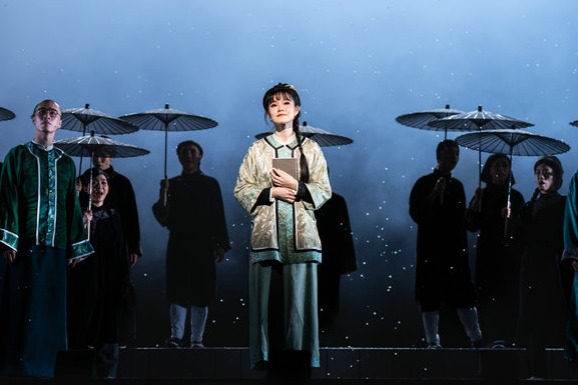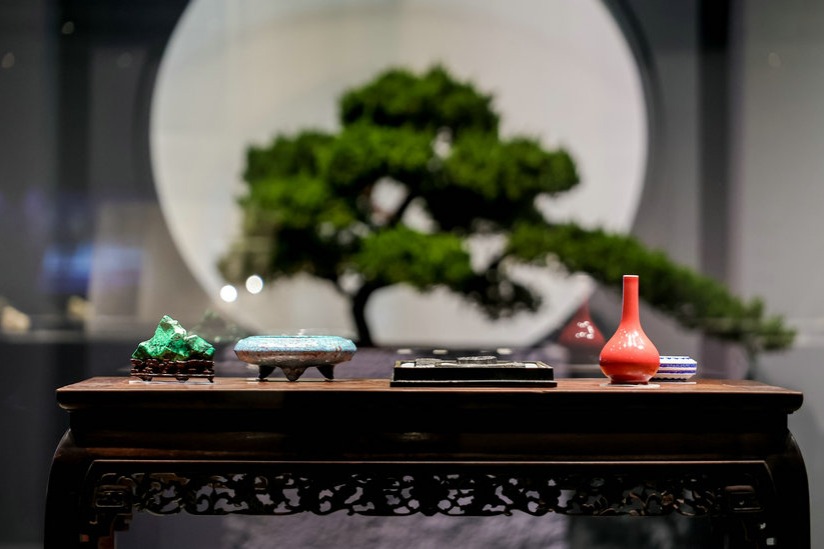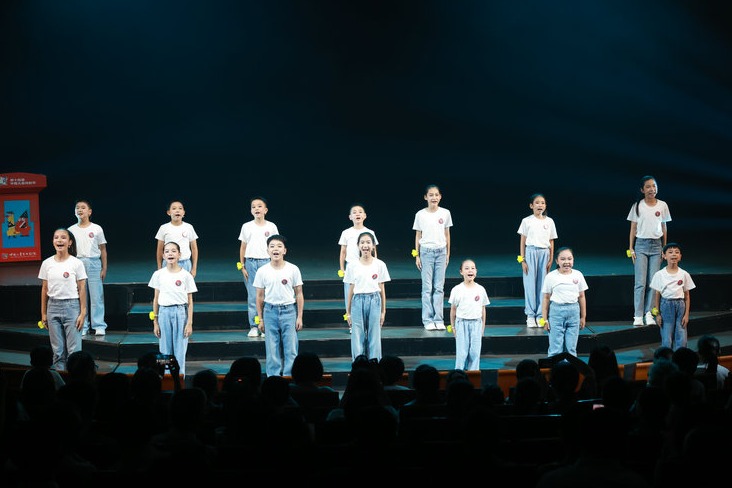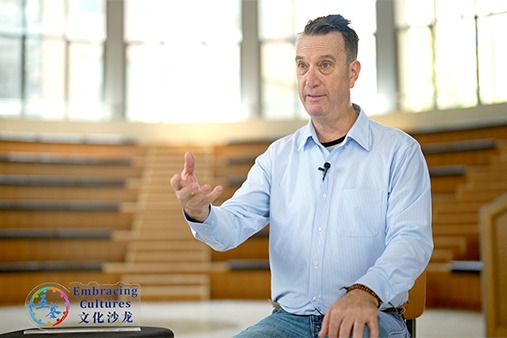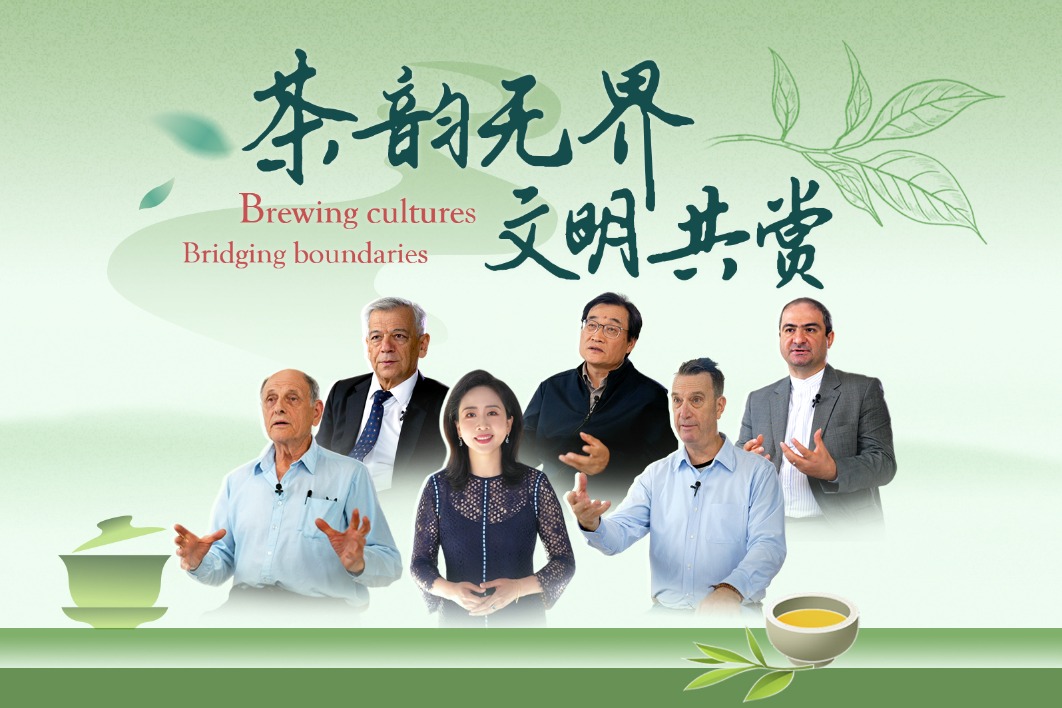Exhibition on early presidents shows approach to education

An exhibition on the contribution to eduction made by the presidents of East China Normal University kicked off on Sept 10, ahead of the school's 70th anniversary celebrations in October.
Through exhibits, such as documents, pictures and videos, the audience can learn about the steps taken by the founding president Meng Xiancheng and his successor Liu Fonian that helped to lay the foundation for the country's education system.
According to ECNU, Meng's philosophy that universities and teachers' colleges should never lower their standards of teaching encouraged the school to constantly pursue academic excellence over the past seven decades, creating a new path for the development of universities in the country.
ECNU was established two years after the founding of the People's Republic of China in 1949. Meng, former head of the education authority in East China, was appointed the founding president.
"The adult illiteracy rate in China was over 80 percent back then. Cultivating teachers was a priority. That was how the ECNU came into being with such a historic mission," says Tang Tao, curator of the ECNU archives.
Du Chengxian, a professor of education at the ECNU, says arguments about how university education should move forward were common in the first half of last century. Back then, "normal universities "that provided teachers training were no longer an independent part of the higher education system in the West. Rather, most teachers were trained by comprehensive universities and had to undergo qualification exams. Some experts in China said then that the country should follow suit, but Meng pointed out that cultivating teachers in China needed to be different to suit the country's requirements.
According to the Chinese system, students going to "normal universities" are exempt from tuition fees. After graduation, some of them would be assigned to schools in ethnic, border or mountainous regions.
Meng backed the system because he believed it guaranteed a fair distribution of teachers across the country, Du says. Meng, who was the only professor in China hired by the national education authority and could teach in all institutions of higher education throughout the country in 1942, often stressed that teachers needed a combination of both academic excellence and teaching skills.
"Meng said that while pursuing academic competency, teachers should also have distinguished teaching features. They need to possess good handwriting, speak standard Mandarin and master teaching skills," Du says.
In 1978, Liu took over as the university's president. He was the main editor of the first teaching material for all education majors in the country. In a book, he wrote about what education is, what kind of teachers the country needed to cultivate, the syllabus in primary and middle schools as well as institutions of higher education, which subjects to be provided in which grades, and textbook compiling.
"He produced a great book and cultivated education experts through the process. Educators from one generation after another compiled new versions of the textbook for all education majors in the new background of the times," says Du.
Liu also made forward-looking decisions. In the late 1970s, he predicted that new technologies were bound to thrive in the future and that "normal universities" needed to adapt to the emergence of new technologies. Such ideas generated far-reaching impact on the reform and development of the country's higher and basic education, as well as teachers training.
Following this, the university's computer science department was established in 1979, marking a breakthrough for "normal universities" in the country.



















